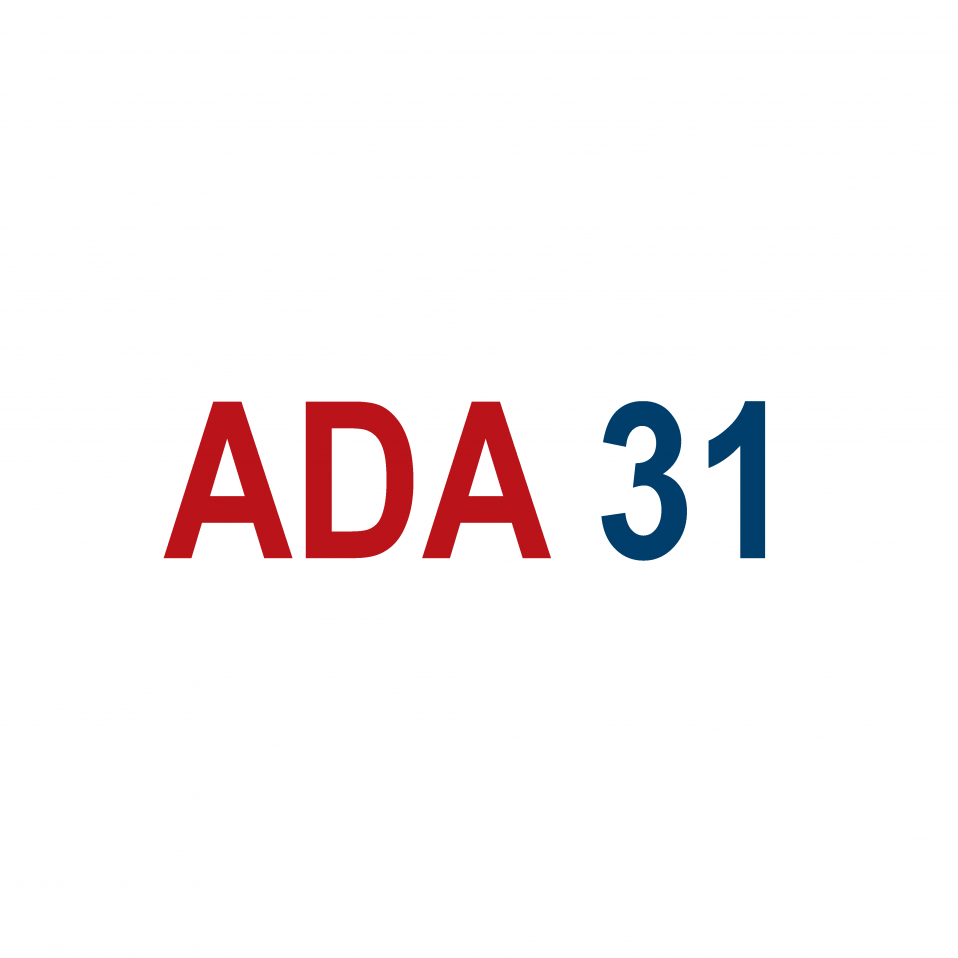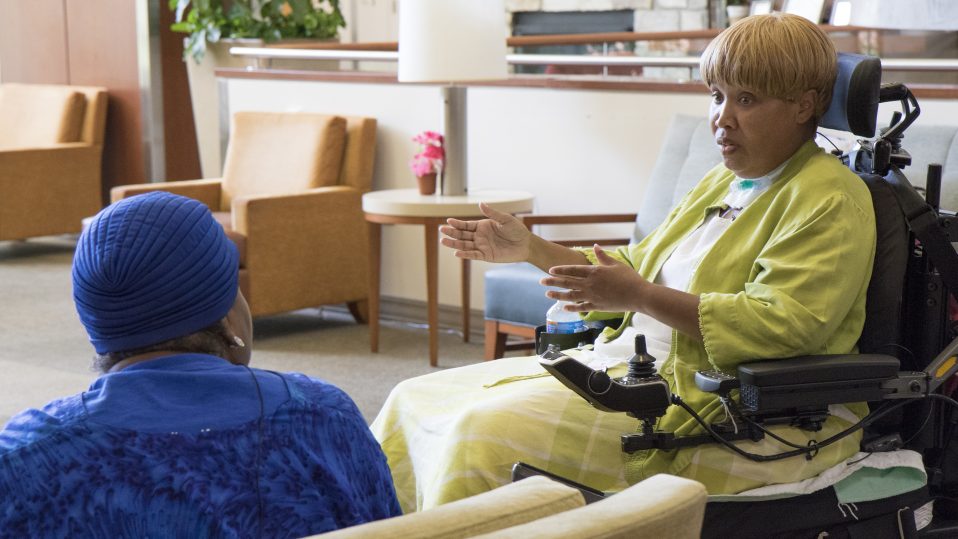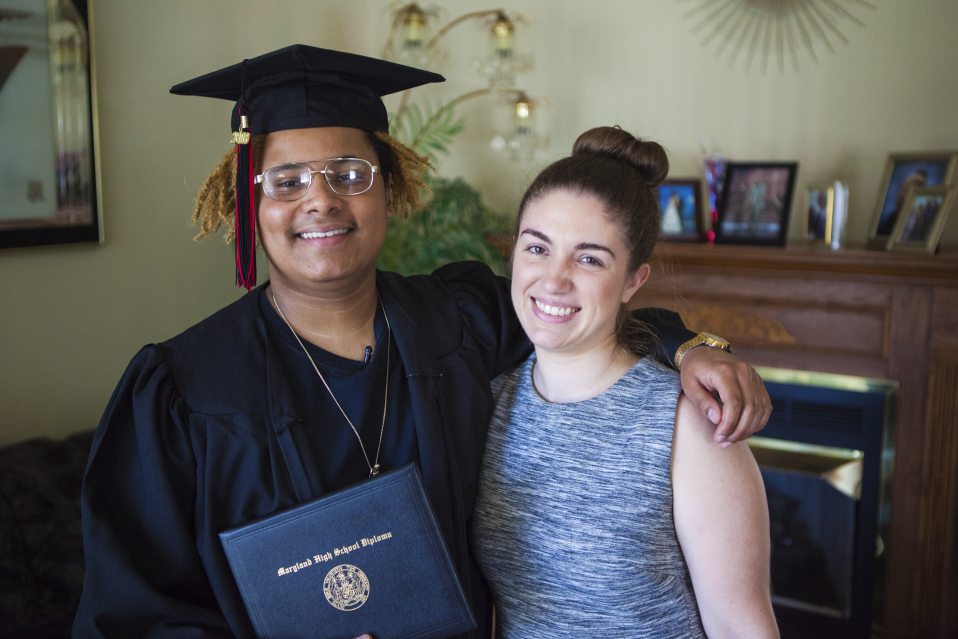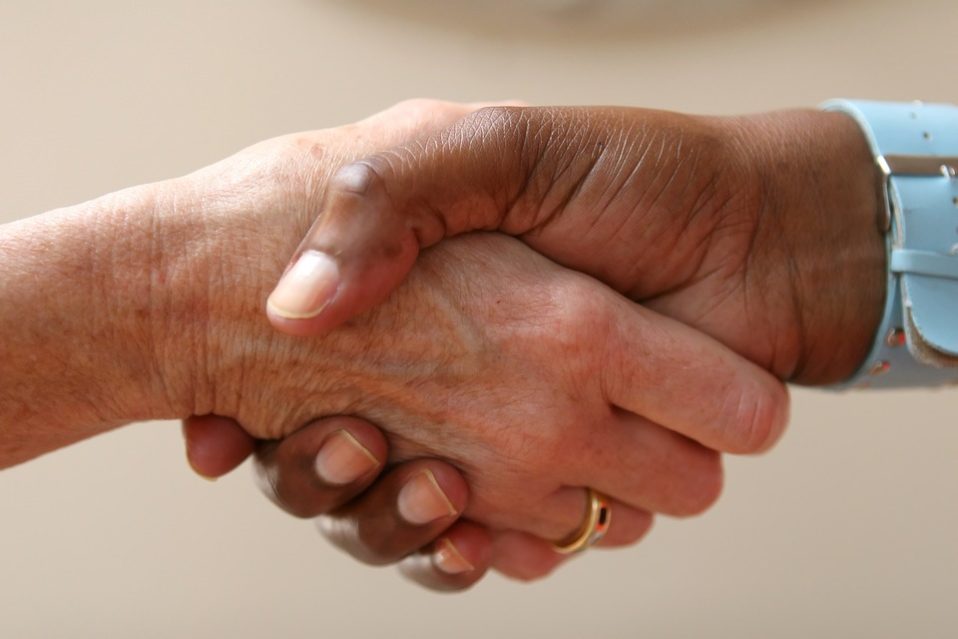DRM Celebrates the 31st Anniversary of the ADA
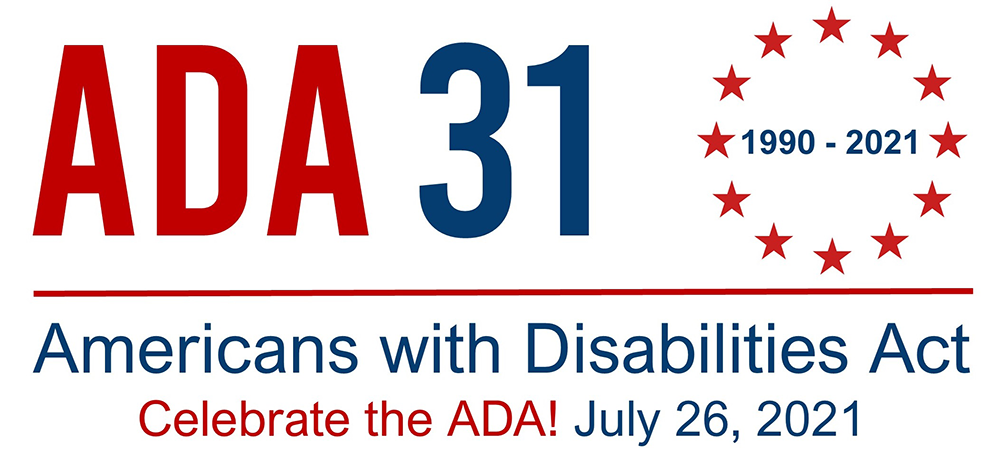
On the 31st anniversary of the Americans with Disabilities Act (ADA), Disability Rights Maryland (DRM) salutes its community, partners, and friends who were instrumental in forging and implementing this landmark legislation for people with disabilities. DRM is singularly proud of its accomplishments over the past year to actualize the principles of the ADA in Maryland, which include:
- Prevented proposed budget cuts that would have eliminated 25% of existing bus routes, jeopardizing paratransit services to critical destinations including dialysis centers, mental health programs, occupational and physical therapy providers for over 30,000 paratransit riders, in collaboration with Consumers for Accessible Ride Services (CARS) and other advocates.
- Achieved changes in subsidized housing operations of a large public housing agency to fund the creation of accessible, affordable rental housing.
- Brought legal action against a major municipal jurisdiction in Maryland to obtain compliance for substantial ADA violations in maintaining curb ramps and sidewalks, with co-counsel, the Civil Rights Education and Enforcement Center (CREEC), Disability Rights Advocates (DRA) and Goldstein, Borgen, Dardarian & Ho (GBDH).
- Filed complaint with the Maryland Department of Education (MSDE), which found the rights of students had been violated by a Maryland school district, and ordered individual, school-wide, and system-wide relief to remedy violations, in partnership with the Public Justice Center (PJC) and the Office of the Public Defender (OPD).
- Hosted 23 Facebook Live events for parents of students with disabilities about their special education rights and protections during virtual learning due to the COVID pandemic.
- Led a cross-disability network of advocates whose efforts resulted in the state of Maryland prioritizing people with intellectual and developmental disabilities (I/DD) and direct support professionals in the first phases of COVID vaccination distribution.
- Advocated successfully for the Maryland Departments of Health (MDH) and Department of Disabilities (MDOD) to issue new guidance stating patients with disabilities needing in-person support, including those being treated for COVID, have the right to access support persons, and that support persons “are permitted to access restrooms, food, and drink while in the health care facility,” as part of a coalition of disability organizations.
- Compelled psychiatric hospitals to develop technology enabling DRM to provide “Know Your Rights” presentations remotely during the COVID pandemic.
- Investigated a large county’s public housing policies that only permitted individuals needing overnight care to have live-in aides, finding this policy conflicted with federal fair housing laws and other civil rights statutes for people with disabilities. As result, the county agreed to eliminate this overly-restrictive requirement.
Together, in partnership with you, DRM is committed to creating a world in which people with disabilities are fully included in the workplace, neighborhoods and all aspects of community life.
Stay in the Loop
Join our mailing list to receive updates about Disability Rights Maryland.
